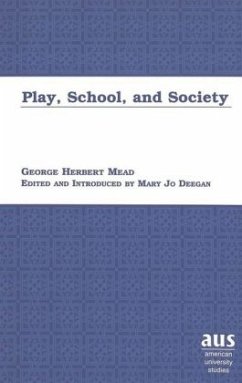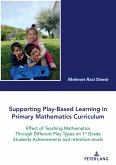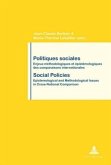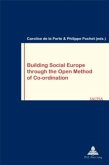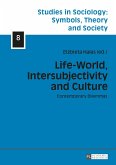"Play" is central to the ideas of George Herbert Mead and fundamental to the emergence of all social behavior. It is formative in the genesis of self-consciousness and a pathway connecting intersubjectivity and emotions. The child's play calls out the parental attitude, and this relationship becomes a model for the community and society. Mead's ideas emerged from an interacting circle of scholars and activists in Chicago including John Dewey, Jane Addams, and Mary McDowell.
"I dislike to think what my own thinking might have been were it not for the seminal ideas which I derived from him." (John Dewey testimonial to George Herbert Mead)
"[Mead] learned much from the children with whom he worked and played. One of the most fascinating portions of his famous course on social psychology was drawn from the observations of children's play." (James Hayden Tufts, Chicago pragmatist)
"[It is] such a pleasure to read your fascinating account of George Herbert Mead and those exciting Chicago-university and city-days! The many nostalgic memories evoked I find agree happily and fully with your so understandingly researched and admirably presented material." (Irene Tufts Mead on Deegan's work on Mead and the world of Chicago pragmatism)
"[Mead] learned much from the children with whom he worked and played. One of the most fascinating portions of his famous course on social psychology was drawn from the observations of children's play." (James Hayden Tufts, Chicago pragmatist)
"[It is] such a pleasure to read your fascinating account of George Herbert Mead and those exciting Chicago-university and city-days! The many nostalgic memories evoked I find agree happily and fully with your so understandingly researched and admirably presented material." (Irene Tufts Mead on Deegan's work on Mead and the world of Chicago pragmatism)

